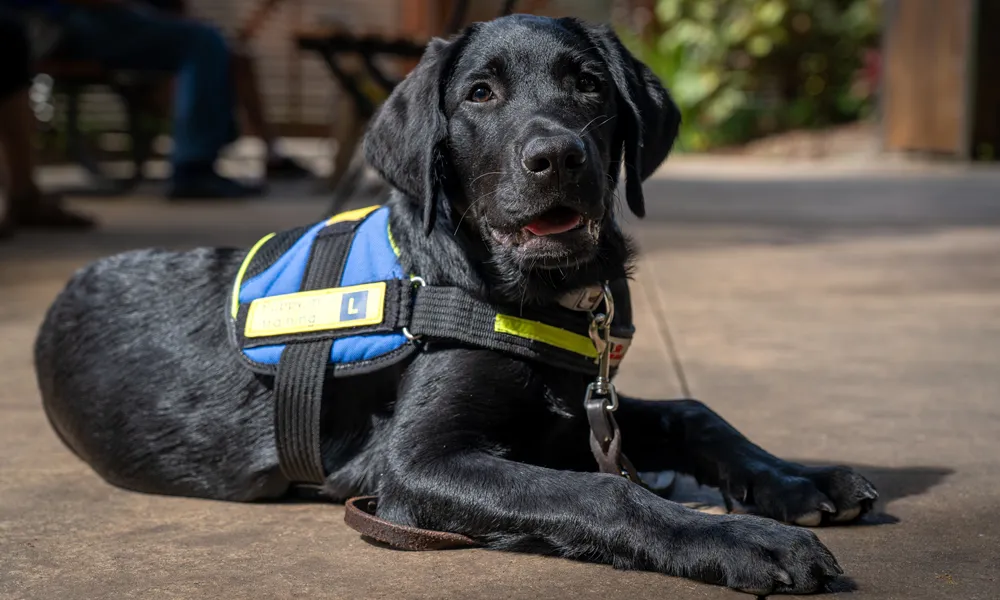Training assistance dogs abroad costs between €10,000 and €50,000 for people with visual or other disabilities. In Cyprus, the absence of a legal framework means beneficiaries bear this burden themselves, while only one training school operates in the country without an official partnership with disability organisations.
What Parliament Heard
The issue was examined by the House Committee on Human Rights following a motion by DIKO MP Christos Senekis, who stressed that the right to be accompanied by an assistance dog is a fundamental human right established by the UN Convention on the Rights of Persons with Disabilities. As he put it, an assistance dog is not a choice but a means to independence and social participation.
Environment Committee chair Charalambos Theopemptou noted that training and certification are a major challenge, with certification alone costing around €10,000. He explained that eligibility for an assistance dog includes people with blindness, deafness, epilepsy, diabetes, or psychological disorders.
Training Timelines And Gaps
Director of the School for the Blind Pelagia Englezaki said training lasts at least two years, with joint training alongside the beneficiary taking up to eight weeks. She added that the lack of an institutional framework leaves Cyprus behind on an issue of dignity and equal living.
Committee chair Irene Charalambidou requested that Senekis’s initiative be converted into a draft law to regulate the matter promptly, including provisions for training specialist trainers for assistance dogs and for people with disabilities.
